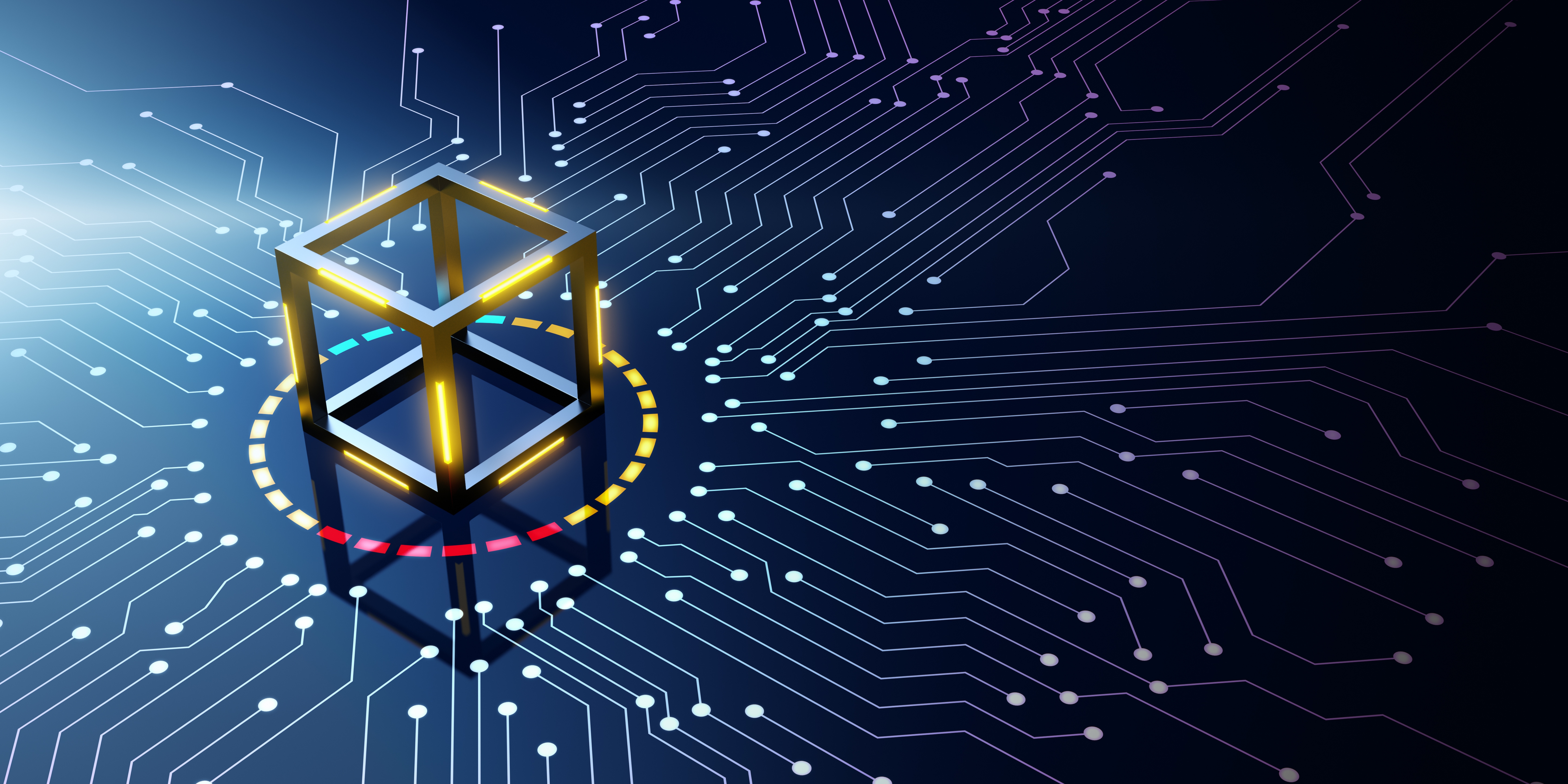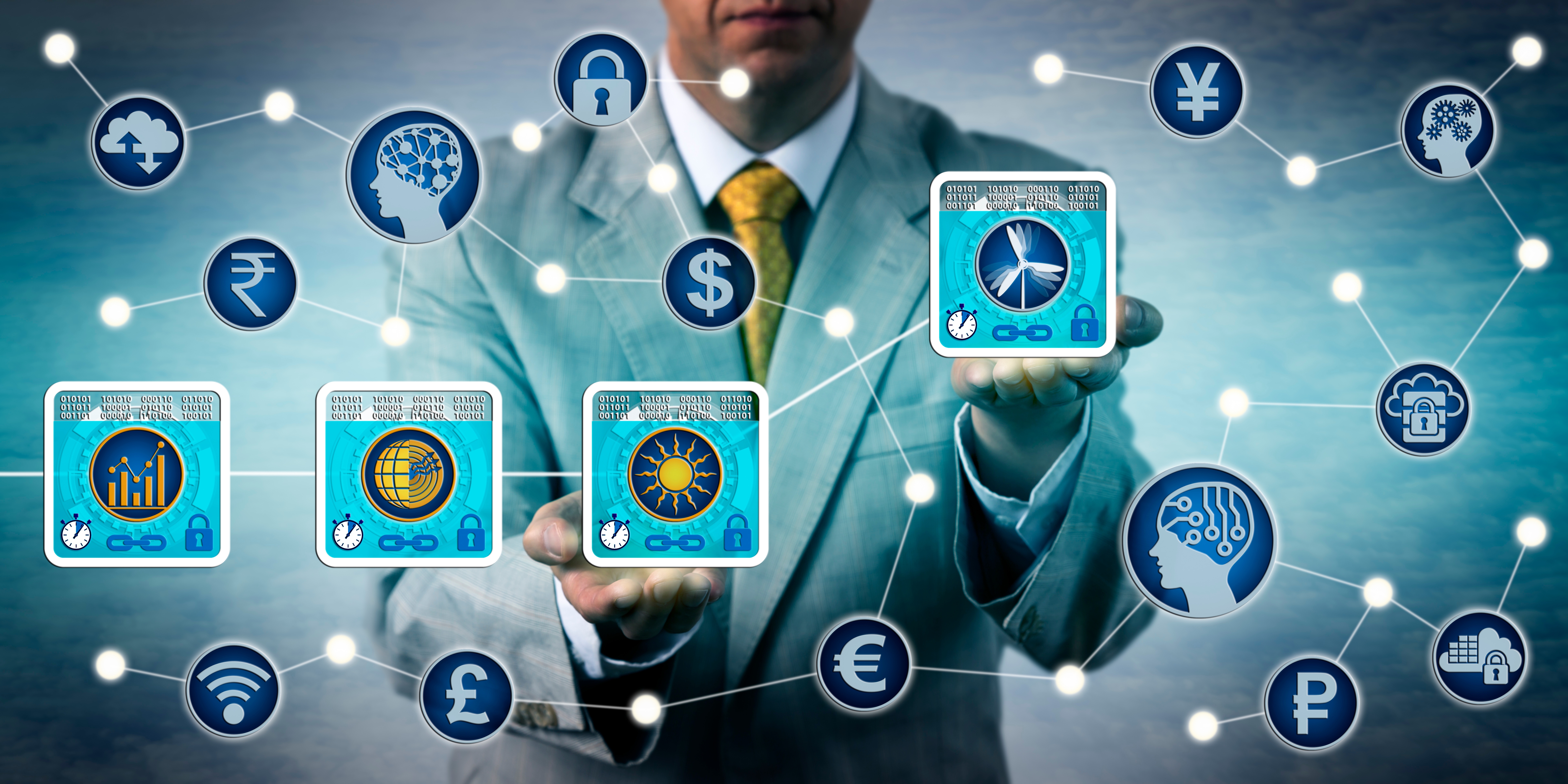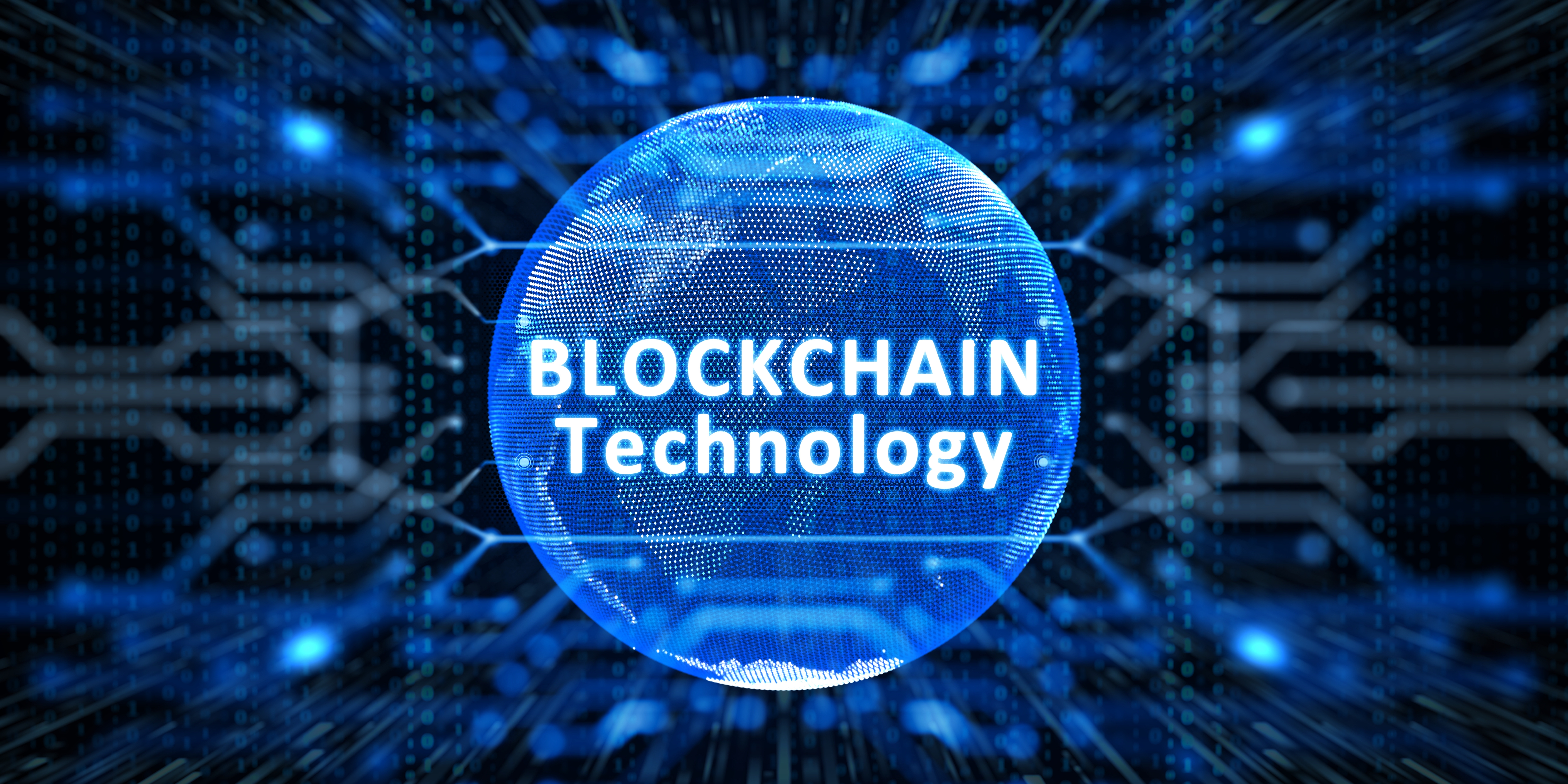Inspironlabs | 31 August, 2023
Unlocking the Significance of Blockchain: Empowering You Through Our Expertise
Written by Shivam Pandey
Introduction :
Welcome to the forefront of innovation, where technology meets trust, and possibilities are limitless. Our blockchain service provider campaign is dedicated to bringing you cutting-edge solutions that redefine industries, enhance security, and streamline processes. As a trusted partner, we are committed to delivering the power of blockchain to your doorstep.

Why Choose Us ?
- Expertise : With a team of seasoned blockchain professionals, we possess the knowledge and experience to tailor blockchain solutions to your specific needs.
- Innovation : We stay ahead of the curve, constantly exploring ne system-ui w applications and emerging trends to provide you with the latest advancements in blockchain technology.
- Reliability : Our track record speaks for itself. We have successfully implemented blockchain solutions across various sectors, ensuring seamless integration and functionality.
- Security : Trust is our foundation. Our robust blockchain solutions offer unparalleled security, protecting your data and transactions from threats and tampering.
- Customization : We understand that each business is unique. Our solutions are customizable to align perfectly with your goals, processes, and challenges.

Blockchain Security & Technology
In the digital age, blockchain technology is no longer limited to the realm of cryptocurrencies. It has emerged as a transformative force with the potential to impact various aspects of our daily lives. From enhancing security and privacy to simplifying everyday tasks, blockchain is revolutionizing the way we interact with technology and each other.
- Secure Digital Identity : Blockchain technology can provide individuals with a secure and tamper-proof digital identity. This can streamline processes like online registrations, access to services, and identity verification, reducing the risk of identity theft and fraud.
- Personal Data Control : With blockchain, individuals gain greater control over their personal data. They can choose to share specific data with businesses and service providers, ensuring privacy while still accessing tailored services.
- Supply Chain Transparency : Blockchain enables end-to-end transparency in supply chains. Consumers can trace the origin and journey of products, ensuring the authenticity and ethical sourcing of goods, from farm to table.
- Digital Voting : Blockchain-based voting systems can enhance the integrity of elections by providing a secure, transparent, and tamper-resistant platform for voting. This could lead to increased voter participation and trust in electoral processes.
- Real Estate Transactions : Blockchain simplifies property transactions by providing a secure and transparent ledger for ownership records. This can speed up processes, reduce fraud, and cut down on paperwork.
- Digital Notary Services : Blockchain can serve as a digital notary, creating permanent and time-stamped records of documents and transactions. This can be useful for legal contracts, intellectual property, and more.
- Smart Contracts : Smart contracts automate and enforce the execution of agreements without the need for intermediaries. They can be applied in areas like insurance claims, rental agreements, and even in the gig economy.
- Decentralized Finance (DeFi) : Blockchain-powered DeFi platforms offer financial services without traditional banks. This includes lending, borrowing, trading, and earning interest, often with increased accessibility and lower fees.
- Healthcare Records : Blockchain ensures the security and accessibility of healthcare records, allowing patients and medical professionals to securely access and share vital health information.
- Charitable Donations : Blockchain can enhance transparency in charitable donations by allowing donors to track the use of their funds, ensuring their contributions have the desired impact.
Conclusion:
As blockchain technology continues to mature, its integration into our daily lives offers new levels of security, transparency, and efficiency. From managing personal data to transforming industries, the impact of blockchain is far-reaching. By understanding its potential and staying informed about its applications, we can harness its benefits to reshape the way we interact with technology and navigate the modern world. Blockchain is not just a technology; it's a catalyst for change that has the power to make our daily lives safer, more streamlined, and more connected than ever before.
 +91-789-269-7903
+91-789-269-7903 +1-206-922-2057
+1-206-922-2057


